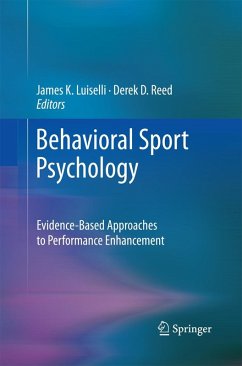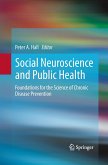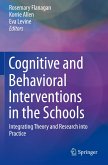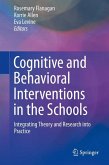Sport psychology is a topic of growing interest. Many professionals read journals such as TheInternational Journal of Sports, Journal of Sport Behavior, Journal of Applied Sport Psychology,Research Quarterly for Exercise and Sport, and The Sport Psychologist. In August 2008, Monitor onPsychology, the monthly publication of the American Psychological Association (APA), featured aspecial issue on sport psychology. Indeed, Division 47 of APA is devoted to "the scientific, educational,and clinical foundations of exercise and sport psychology." The North American Society for thePsychology of Sport and Physical Activity (NASPSPA) and the Association for the Advancement ofApplied Sport Psychology (AAASP) convene conferences each year to present scientific findings andnew developments in a rapidly expanding field. The AAASP and other organizations also qualifyprofessionals as certified sport and exercise psychology consultants. Finally, a visit to any bookstorewill reveal the lay public's fascination with sports, as revealed in numerous self-help books and guidesto perfecting athletic performance.Behavioral psychologists have studied sport psychology for more than three decades (Martin,Thompson, & Regehr, 2004). Applied behavior analysis (ABA), in particular, has been an instrumentalapproach to behavioral coaching in many sports, including baseball (Osborne, Rudrud, & Zezoney,1990), basketball (Pates, Cummings, & Maynard, 2002), figure skating (Ming & Martin, 1996), football(Ward & Carnes, 2002), golf (Pates, Oliver, & Maynard, 2001), ice hockey (Rogerson & Hrycaiko,2002), soccer (Brobst & Ward, 2002), swimming (Hume & Crossman, 1992), and tennis (Allison &Ayllon, 1980). ABA stresses the application of learning theory principles, objective measurement ofathletic skills, controlled outcome evaluation, and socially significant behavior-change. Cognitivebehavior therapy, or CBT, also has been a dominant approach to psychological intervention insports(Meyers, Whelan,& Murphy, 1996; Weinberg & Comar, 1994). CBT addresses athletic performancethrough cognitive-change methods combined with behavioral practice and environmental modifications.The purpose of the book described in this proposal is to compile the most recent experimental andapplied research in behavioral sport psychology. Several journal articles have reviewed criticaldimensions of behavioral sport psychology (Martin et al., 2004; Martin, Vause, & Schwartzman, 2005)but no book has covered the topic with an emphasis on ABA and CBT methodology and practice.Accordingly, Behavioral Sport Psychology: Evidence-Based Approaches to Performance Enhancementis a first of its kind volume.
From the reviews:
"Luiselli and Reed provide a thorough review of the more significant areas of behavioral sport psychology. The chapters are written by recognized experts in the field and provide readers with the most current thinking and research. ... the book was written for an academic audience, practicing psychologists, and readers with an interest in athletics. ... would be appropriate for less experienced readers, including those with a general interest in athletics. Overall, this book provides something of interest to most readers. Summing Up: Recommended. All levels." (L. J. Burton, Choice, Vol. 49 (6), February, 2012)
"Luiselli and Reed provide a thorough review of the more significant areas of behavioral sport psychology. The chapters are written by recognized experts in the field and provide readers with the most current thinking and research. ... the book was written for an academic audience, practicing psychologists, and readers with an interest in athletics. ... would be appropriate for less experienced readers, including those with a general interest in athletics. Overall, this book provides something of interest to most readers. Summing Up: Recommended. All levels." (L. J. Burton, Choice, Vol. 49 (6), February, 2012)









